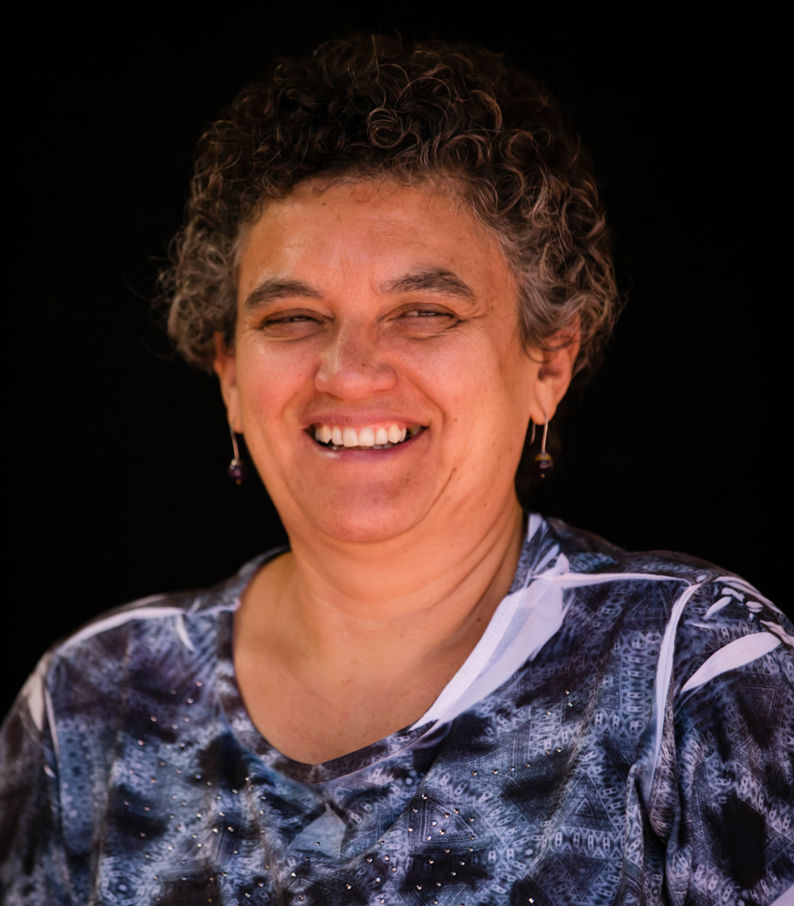Once upon a time, there was the Health & Other Services Personnel Trade Union of South Africa (HOSPERSA). HOSPERSA was very concerned about the level of violence in the health sector. Members, who are mainly women nurses, are daily faced with abuse by the patients. At the same time, the patients are always complaining about abusive nurses. No matter what goes wrong, the nurses are seen as the perpetrators. Even if it’s the fault of a porter at the front gate or the clerk at the reception. All complaints are lumped together, and the common enemy is the nurse. It hasn’t helped that the government and the media often accuse the nurse of being a horrible creature.
HOSPERSA’s members feel helpless. They are supposed to be Florence Nightingales and never complain. Yet, their daily experience is one of having the tyres of their cars slashed. They are called names as they make their way to lunch. There’s one incidence of a nurse getting attacked by a group of pensioners who’d been waiting for long at the clinic. They threatened to beat her up. HOSPERSA knew they had to do something about this, and that the process wouldn’t be easy. You can’t demand respect and a sense of dignity. You can’t match to the Department of Health to demand patients stop threatening you. But, you can demand more security at the health institution.
When the union entered into a discussion with the LRS, it was about bringing respect and dignity back to the profession. This would need the involvement of everyone, including the patients and the department of health. As the work progressed, there were recurring questions. Why do the nurses find themselves in this position? Why do people respond to nurses in this way? Why do nurses then think so poorly of themselves? If this old-age profession is about caring, where is the caring? We sat together with the stakeholders and tried to understand this. We moved beyond complaints and the sense of victimhood to understand how care is devalued and is associated with women’s work. This was a backward and forward movement.
One of the approaches we used was to make comparisons with productive work and how it is valued. Sometimes the group could clearly see it. But it also meant a great deal of questioning of one’s own attitude about being a patient or a nurse. It also meant questioning when one felt like a victim and when one felt like a perpetrator. One healthcare worker said when people walk into the institution they often throw papers on the floor in front of staff and expect them to pick it up. Some of these people are unemployed, frustrated and sometimes not even sick. They just go to the institution because they want someone to listen to them and to be heard. And the way they take out their frustration is to throw papers on the floor.
After months of dialogue, we (the group that worked on this process) managed to call all stakeholders together, including the department of health, patients, the community, the South African Police Services, church, organisations working with young women and the community media. They were able to speak about care being a devalued profession. That for me was a key moment. All the actions and discussions had been about how bad things were. But, the broader issue wasn’t immediately understood – that the work you do is not seen as important. And it wasn’t going to shift much until you change how you and other people relate to your work and until you start seeing yourself as a professional. This for me was about social dialogue. The issue was how government departments view people when they bring issues and demands, and how it’s almost impossible to hear each other. We spent a lot of time preparing how you could be heard, how you could get beyond the dismissiveness of the kind of work that you do to get people to hear about the actual issues.
The doctors are not seen in the same way as nurses. They are seen as male figures, even when many of them are women. Through this discussion process, it became clear that when patients come, the nurses are there to look after them. There’s an expectation that nurses are almost like the mother in a house. And if they don’t play that role, that’s when a lot of the abuse and anger emerges. The nurses themselves (both HOSPERSA and Democratic Nursing Organisation of South Africa, DENOSA speak about the challenge of trying to organise nurses) think that they need to be playing that role. For the nurses to have a voice, it’s very difficult because they have an oath that they signed, and they take on the looking after role. It’s a recipe for conflict because when all this pressure is upon nurses they become horrible. They know that they have become horrible. But it’s like a thing they can’t escape.
Through this process, we piloted a social action project at the Meadowlands Clinic in Soweto in Gauteng Province. The project experimented at a local level and in one locality, with bringing together the different actors involved in the health system i.e. all the providers and beneficiaries – to take up actions that will collectively impact on reducing the high levels of gender-based violence in the Meadowlands Clinic. The process exposed HOSPERSA, the police, churches, community formations, the media, Department of Health and patients to different voices, perspectives and experiences.
"These people from the Meadowlands community used to terrorise us. From the time that they come into the gate, they start singing songs because they said our services are so poor and that we don't care for them...They said they'd burn this clinic down with us inside. This came from our mothers and fathers, not from our peers. Sometimes you forget to be professional...We did not take this lying down because if they say you are going to be burnt in the clinic and they have done it somewhere, not at Meadowlands community but somewhere else, it is serious."
Baby Moipane, Nurse clinician and a HOSPERSA shop steward at Meadowlands Clinic
All stakeholders committed to reducing the levels of GBV. Union members took on the responsibility of challenging gender roles and stereotypes in the union and workplace. Patients spoke of being more conscious of how care work is devalued and their role in this. The Department of Health officials heard and acknowledged that the management of institutions feeds into the levels of GBV in the health system. And institutions such as the church and police identified actions that are required to support survivors of GBV. And that work is gaining ground. HOSPERSA and the other actors involved in the pilot social action experiment are sharing what we learned in a way that inspires and supports efforts to address gender-based violence in the health system more broadly.







